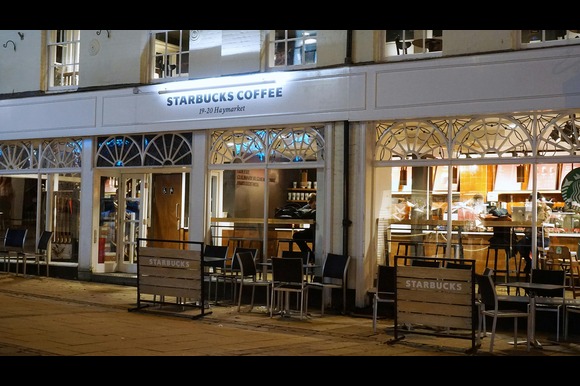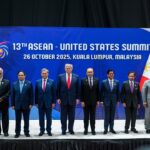Starbucks has announced the sale of a 60% stake in its China operations to investment firm Boyu Capital in a transaction valued at $4bn (£3.04bn). The move marks a major strategic shift for the global coffee giant as it seeks to strengthen its foothold in one of its most important yet challenging markets.
Under the terms of the deal, Starbucks will retain a 40% ownership stake in its Chinese retail business and will continue to hold the rights to the Starbucks brand in the country. Despite the ownership change, the Chinese arm will remain headquartered in Shanghai and continue operating its 8,000 existing outlets, with ambitions to expand to as many as 20,000 stores in the coming years.
Starbucks described the partnership with Boyu as a “significant milestone”, signalling its long-term commitment to growth in China. The company has placed a $13bn valuation on its Chinese retail operations and said the collaboration will leverage Starbucks’ global brand recognition and coffee expertise alongside Boyu’s deep understanding of Chinese consumers.
Founded in 1999, Starbucks’ Chinese business has grown to become the company’s second-largest market after the US, but it has faced mounting competition from local brands such as Luckin Coffee, which now operates more outlets in China and attracts customers with lower prices and frequent discounts.
In recent years, Starbucks’ sales in China have declined due to factors such as the Covid-19 pandemic, sluggish consumer spending, and intensifying competition. In response, Starbucks has cut prices to stay competitive—moves that have boosted market share but dented profit margins.
The agreement comes after months of speculation about Starbucks’ future in China. Former CEO Laxman Narasimhan had hinted that the company was exploring “strategic partnerships” to maintain competitiveness in the world’s second-largest economy.
Boyu Capital, a prominent private equity firm with offices in Shanghai, Hong Kong, and Singapore, focuses on investments across retail, technology, and financial services sectors. Starbucks said the deal, expected to close next year, would pave the way for new product innovations and digital platform expansions within China.
This transaction represents one of the largest deals involving the Chinese arm of a global consumer brand in recent years. It follows similar moves by other Western firms, such as Yum! Brands, which spun off its KFC and Pizza Hut operations in China in 2016 after prolonged challenges in the market. Likewise, Gap and Uber have also faced obstacles navigating China’s competitive consumer landscape.
Since taking over as Starbucks CEO last year, Brian Niccol, formerly of Chipotle, has spearheaded a global turnaround strategy for the company. He has revamped the menu, pledged to hire more baristas, and scaled back automation plans to improve the customer experience.
With over 40,000 stores worldwide, Starbucks hopes this latest partnership will rejuvenate its performance in China and reaffirm its commitment to one of its most critical international markets.






